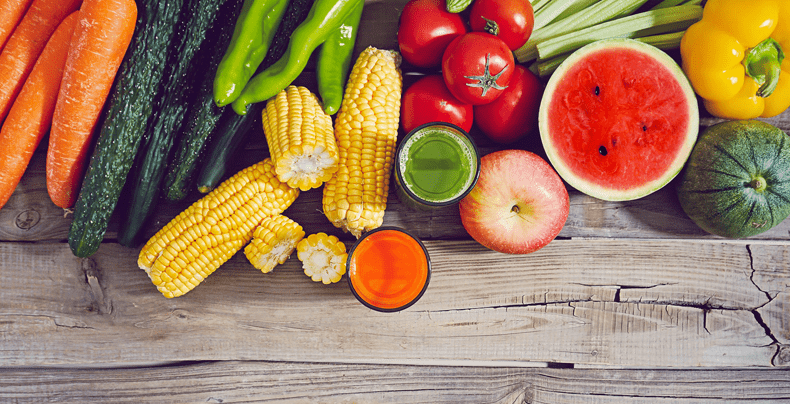Vitamin B12, also known as cobalamin, is an essential water-soluble vitamin. It must be taken in through the diet; it is naturally present in some foods, added to others and is available as a dietary supplement and prescription medication. It is required in the body for the normal formation of red blood cells, nerve health and function, as well as DNA synthesis.
When vitamin B12 exists naturally in food it is bound to protein and needs to be released, this occurs through the activity of hydrochloric acid and enzymes in the stomach. In foods that are fortified with vitamin B12 and dietary supplements it is already in free form and does not need to be released. Free vitamin B12 combines with a substance in the stomach called intrinsic factor, the resulting complex can then be absorbed in the small intestine. Intrinsic factor is required to enable absorption of vitamin B12.
Vitamin B12 Deficiency
Vitamin B12 deficiency is characterised by megaloblastic anemia, fatigue, weakness, constipation, loss of appetite and weight loss. Numbness and tingling in the hands and feet can also occur. Further symptoms of vitamin B12 deficiency include difficulty maintaining balance, depression, confusion, dementia, poor memory and soreness of the mouth or tongue. Many of these symptoms are general and can result from a variety of medical conditions other than vitamin B12 deficiency.
Who is at risk of a vitamin B12 deficiency?
- Older adults can be at risk of suboptimal vitamin B12 status or deficiency, this is due to a decreased hydrochloric acid levels in the stomach, which can also increase the growth of normal bacterial levels that use vitamin B12, further reducing the amount available to the body.
- Individuals with pernicious anaemia lack intrinsic factor in the stomach, which is required to absorb vitamin B12.
- Individuals with coeliac disease and Crohn’s disease may be unable to absorb adequate vitamin B12 from food.
- Individuals who have had gastrointestinal surgery, either on the stomach, thereby affecting the production of stomach acid or intrinsic factor, or the specific part of the small intestine which enables absorption of vitamin B12.
- Strict vegetarians and vegans are at greater risk of developing deficiency as vitamin B12 is found in animal produce in natural form.
The best sources of vitamin B12 are listed below:
- Clams
- Liver
- Trout
- Salmon
- Tuna
- Haddock
- Beef
- Lamb
- Milk
- Yogurt
- Cheese
- Eggs
- Chicken
- Nutritional yeast (fortified)
It is important to understand the reasons for vitamin B12 deficiency in order to increase levels. For some dietary change may improve vitamin B12 status however for others supplementation or injections by the GP may be required.



